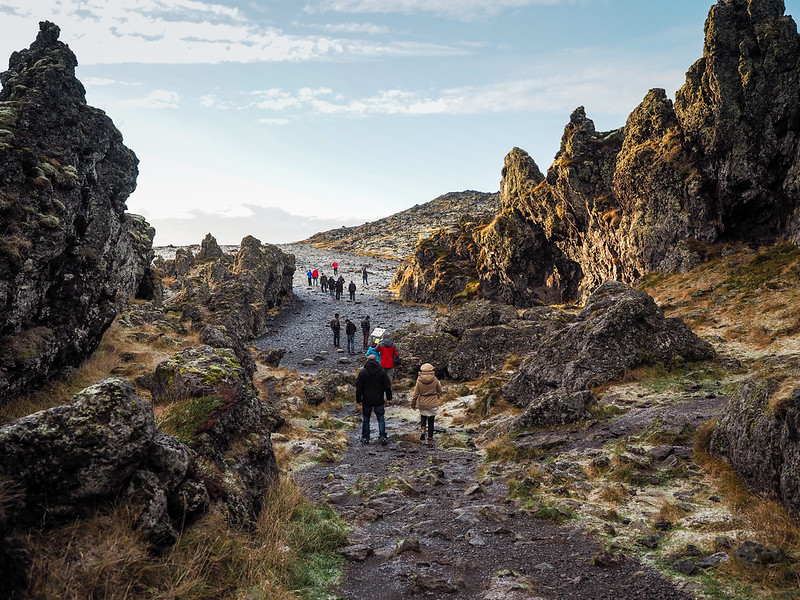Iceland, known for its breathtaking landscapes and natural wonders, has seen a surge in tourism in recent years. With this influx, there’s been a growing concern for the environment. Fortunately, many small group tour operators have taken significant strides toward sustainable practices, redefining the landscape of tourism in Iceland.
Embracing Renewable Energy
One standout feature of sustainable tourism in Iceland is its reliance on renewable energy sources. Small group tours often prioritize vehicles powered by electricity or renewable fuels, reducing carbon emissions and minimizing the environmental impact of transportation. This shift is crucial in a country where preserving the pristine environment is paramount.
Responsible Waste Management
Tour operators have implemented meticulous waste management systems, emphasizing recycling and minimizing single-use plastics. Some tours even encourage participants to bring reusable water bottles and provide refill stations to reduce plastic consumption during trips. By prioritizing waste reduction and recycling, these initiatives contribute significantly to preserving Iceland’s natural beauty.
Supporting Local Communities
Sustainability isn’t just about environmental impact—it’s also about supporting local economies. Many small group tours collaborate closely with local businesses and communities, opting for locally sourced products, accommodations, and services. This fosters economic growth within Iceland’s communities while reducing the carbon footprint associated with transporting goods from afar.

Educating and Raising Awareness
Education plays a vital role in fostering sustainable tourism practices. Small group tours often incorporate educational components, enlightening participants about Iceland’s delicate ecosystems, biodiversity, and the importance of conservation efforts. These tours aim not only to entertain but also to inspire a sense of responsibility toward the environment.
Conservation Efforts
Several tour operators actively engage in conservation efforts by partnering with environmental organizations or contributing a portion of their proceeds to conservation projects. This proactive approach demonstrates their commitment to preserving Iceland’s natural treasures for generations to come.

Innovative Approaches to Exploration
Additionally, some tour operators have adopted innovative ways of exploring Iceland’s landscapes. Initiatives like hiking tours, bike excursions, or horseback riding experiences not only reduce the carbon footprint but also provide a more intimate and sustainable way to experience the country’s beauty.
Conclusion
The commitment of small group tour operators in Iceland to sustainable practices signifies a promising shift toward responsible tourism. Their efforts in embracing renewable energy, implementing responsible waste management, supporting local communities, educating participants, engaging in conservation, and innovating exploration methods set a standard for eco-friendly tourism worldwide. Visitors to Iceland can contribute to the preservation of its natural wonders by choosing these eco-conscious tours. By supporting sustainable tourism, travelers become advocates for the environment, ensuring that future generations can also revel in the untouched beauty of this remarkable country.




